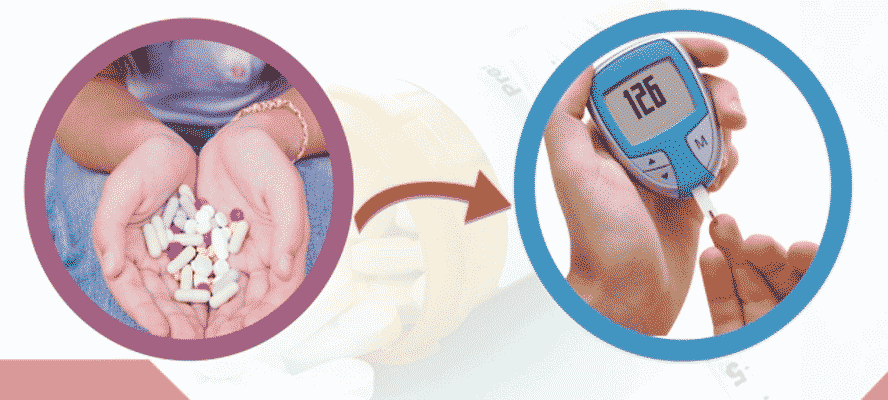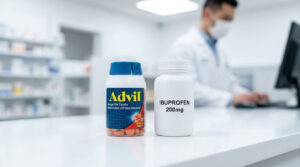What is Steroid Induced Diabetes?
Steroid Induced Diabetes -A Wake-Up Call! Picture this world from 200 years ago when a simple gash on the leg
seemed life-threatening, for it might develop gangrene or sepsis.
The terror of many diseases has now been erased from the memory
of humanity due to the advent and development of
Steroids medications, and treatments. What earlier
The other side used to be a battle of life and death, today is
of the Wonder only a pill away from cure. We happily take
Drugs medicines sighing in the relief that they bring us
without little thought into what we are actually
consuming. Before a drug is brought into public use, it
undergoes rigorous clinical trials to prove its safety for human
consumption. However, these drugs prove to be potent when
used during necessity, but can also be double-edged.








